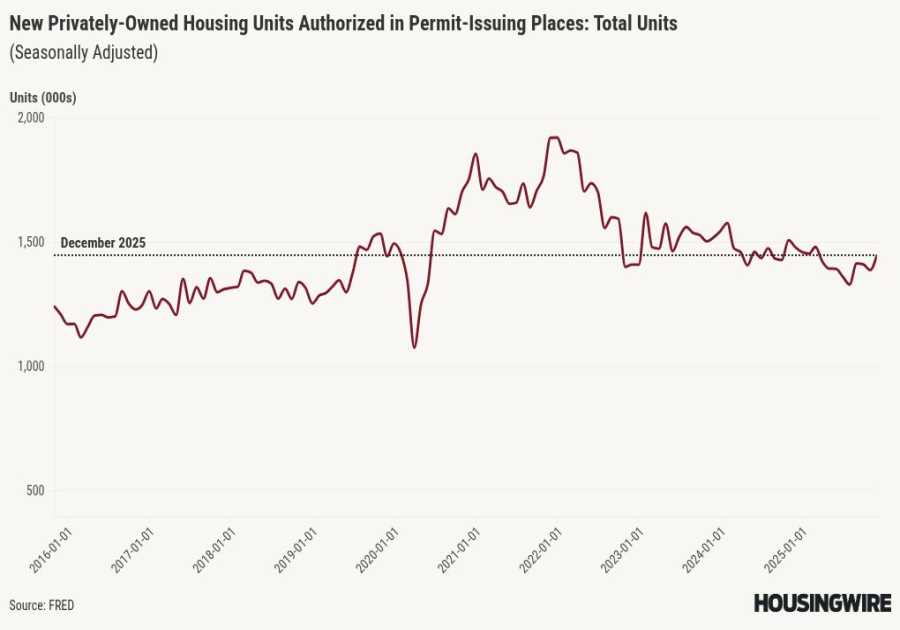The larger story of 2022 was not of overwhelming harm done, but that Americans moved meaningfully toward radical action despite a backdrop of federal disinvestment.
The housing crisis in the United States has been brewing for decades, but this year it proved so uncontainable, so on the mind, that it lept from reality to fiction. Adult Swim’s Tuca and Bertie, for instance, featured season-long references to a lack of affordable housing and an episode in which the character Speckle (played by Steven Yeun) designs an apartment complex that is workshopped into unaffordability by a wealthy donor. The crisis showed up in horror movies, as Barbarian envisioned a monster enabled by white flight and unleashed by the twin specters of gentrification and short-term rental companies. In literature, Sidik Fofana’s short story collection Stories From the Tenants Downstairs and Tochi Onyebuchi’s elegiac sci-fi novel Goliath found new ways to describe the uneven impact of gentrification.
These incursions of land use debates into the realm of the fantastic should not be surprising: no longer relegated to esoteric Twitter feeds or raucous community board meetings, the housing crisis feels all-encompassing and is on all of our minds. 40 percent of the country’s renters are rent-burdened. The federal minimum wage is wildly out of balance with asking rents, unsheltered homelessness has increased, and the political path to resolving these problems seems murky at best.
This year, what was left of pandemic-era safety nets all but disappeared; local eviction moratoria faded away. Federal Emergency rental assistance payments were all but tapped out. (In some states, elected officials sent back unused funds despite ongoing need.)
Federal intervention has not been reassuring. To cool inflation, the Federal Reserve hiked interest rates, making it more challenging to build homes and for buyers to purchase them, as economists had warned would happen in a Senate hearing. 30-year-fixed interest rates on mortgages jumped from 3.5 percent last year to 7.05 percent in October. While home prices, which swelled in the first two years of the pandemic, fell in many cities, they were paradoxically affordable to less people because of mortgage rates. Economist Lawrence Yun of the National Association of Realtors predicted mortgage rates may not drop back down for another year or two, and the Fed is unlikely to lower rates until 2024.
Rents did cool slightly in late 2022, a sign that dizzying increases of the past year and a half were likely borne of continued pandemic realignments in living patterns. People whose moves were delayed by the pandemic, along with those prompted to move by the new norm of remote work, all descended on big cities like New York City at once, leading to this year’s apocalyptic TikToks of open house lines that stretched around the block.
But perhaps the larger story was not of harm done, but that people chose not to be passive in addressing the housing crisis, and moved meaningfully toward radical action. Against a backdrop of federal disinvestment in affordable housing, people were driven to explore alternatives.
In some cases this meant voting for bold ballot initiatives that allowed city-dwellers to allocate tax money and borrow heavily to fund new affordable housing. Los Angeles residents passed Measure ULA, a so-called "mansion tax" on properties sold for over $5 million that will go to affordable housing construction. Colorado passed a $290 million housing bond funded with income taxes and Kansas City, Missouri voters passed a $50 million housing bond.
For the most vulnerable residents at risk of eviction, political organizing was a necessary survival tool. In New York City, collectives have worked to proactively gestate and support new tenant unions. The LA Tenants Union lodged significant wins and one of their members was elected city controller. A national conference for autonomous tenant unions emerged. KC Tenants, which helped deliver Kansas City’s $50 million housing bond, did so by forming a new political not for profit called KC Tenant Power. Tenants fought for and won rent control in Kingston, New York (although that win is tenuous), in Pasadena, California and rent caps were tightened in Portland, Maine.
One cause of the housing crisis, a lack of homes, started to see shifts. New construction, which nose-dived after the great recession, reached a 50-year peak in 2021 and 2022 despite ongoing pandemic-induced supply-chain problems. Possibly feeling a pressing need to act quickly, political positions in the housing movement were re-thought, and some progressives resigned themselves to larger-than-desired percentages of market rate housing. At the same time, investigations into tech-enabled price-fixing and a congressional hearing on private equity purchases of homes expanded the housing narrative beyond supply and demand.
Some of these initiatives, particularly ones that rely on new construction, will take years to bear fruit and will not provide a salve to people facing immediate displacement. Evictions, which are still much lower than before the pandemic, will steadily grow next year as emergency rental assistance has dried up. They will only be beat back by free housing attorneys, new rental assistance programs, and deeply-affordable housing.
To end a cycle of recurring housing crises, we will need to reimagine our relationship to land and housing, particularly the insistence that all homes are investment vehicles which should appreciate over time, a model Americans have particularly come to rely on as their retirement accounts evaporate. The most immediate crises require radical interventions that will prove too politically unpopular to be left to the logic of the market or to electoralism, relying instead on people power. So it’s probably a good thing that housing is on everyone’s minds this year, because it will be all of our responsibilities to keep one another in our homes.
Top photo of an April rally protesting rent hikes at City Hall Park in New York City by Michael M. Santiago/Getty Images.
Related Reading:
New York City Is Failing Tenants. So They’re Getting Organized
This Non-Profit Wants to Help You Turn Your Building Into a Co-op
Read More
By: Roshan Abraham
Title: The Year the Affordable Housing Fight Went Mainstream
Sourced From: www.dwell.com/article/affordable-housing-housing-crisis-fight-mainstream-3a224d74-28d0cad7-0cf16f34
Published Date: Wed, 21 Dec 2022 17:46:15 GMT
Did you miss our previous article...
https://trendinginbusiness.business/real-estate/our-10-favorite-budget-breakdowns-this-year-from-26k-to-705k
.png)





